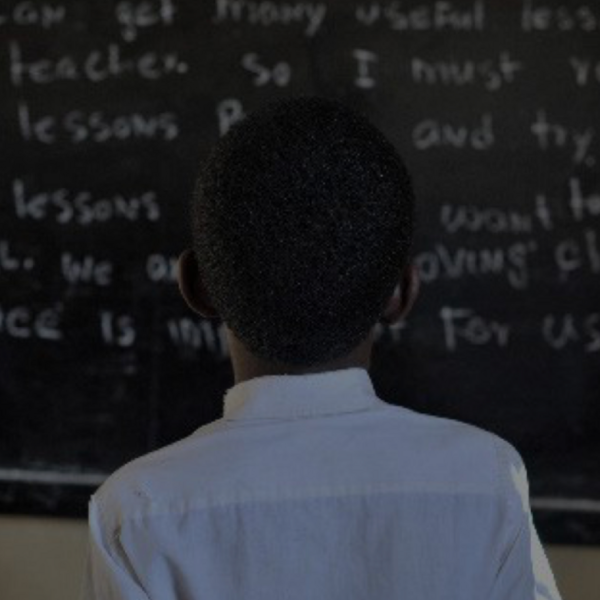

Authors : Aicha Awa Ba, Eline Versluys
Site of the publication: Girls not bride
Type of the publication: Article
Date of publication : May 2022
The security crisis on the central Sahel region (Burkina Faso, Mali and Niger) has been deteriorating due to an increased number of attacks from non-State armed groups (NSAGs) and inter-communal disputes. From northern Mali, to northern Burkina Faso and western Niger, the crisis has gradually escalated and spread, turning now into a serious security threat for the entire region.
The humanitarian impact of this crisis is worrisome with a number of displaced people multiplied by 10, growing from 213,000 in 2013 to 2.5 million at the end of 2021. Insecurity in the Central Sahel region, combined with extreme poverty, climate change, food insecurity, malnutrition and the COVID-19 pandemic has driven around 3.5 million people among which 1.7 million are children in need of humanitarian assistance.
On top of the general insecurity and increased violence leading to mass displacements, deliberate attacks and threats on schools and against teachers and students, in school or on their way to school, are becoming more and more common, which further worsens the situation of children and jeopardizes their future. Over 5.500 schools were closed due to insecurity at the end of 2021 and 13 million children out of schools.
Attacks on schools have exacerbated existing structural challenges to education for all (poverty, poor school infrastructure, low attendance rate, insufficient number of well-trained teachers), and, in some cases, have reversed decades of progress.
The impact on displaced children has not only been physical or material but also psychological and mental as they witnessed violence of all kinds leading to trauma affecting their behaviour and their learning capacities and seriously compromising their future.
Education has been neglected for far too long in humanitarian responses to conflict and displacement. Without appropriate mitigation and immediate response measures this continued exposure to stress and violence in addition to disrupted access to education will have dramatic long-term psychosocial consequences on children. Countries’ socio-economic development will also be affected resulting in a whole generation of children falling behind, reduction in quality of education and learning, and challenges in productivity and growth for these countries.
On top of the general insecurity and increased violence leading to mass displacements, deliberate attacks and threats on schools and against teachers and students, in school or on their way to school, are becoming more and more common, which further worsens the situation of children and jeopardizes their future. Over 5.500 schools were closed due to insecurity at the end of 2021 and 13 million children out of schools
Recommendations to improve psychosocial support
- Governments and international community: to place safety and well-being of children at the heart of all education related decisions by supporting and prioritizing the creation of safe and protective learning environments.
- National and international NGOs: to increase and strengthen psychosocial and child protection support interventions at multiple levels to students and schools’ staff and provide them the tools aiming to enhance their mid and longterm recovery making sure that no child is left behind. Children’s general recovery, wellbeing and academic functioning should be monitored and assessed periodically.
- Schools staff (and family members): to involve parents in the recovery process and strengthen a communication channel among parents, teachers and students; and to provide life-saving knowledge and skills to children, helping them build confidence and self-esteem as well as capacity to express themselves through role playing and group discussions.
